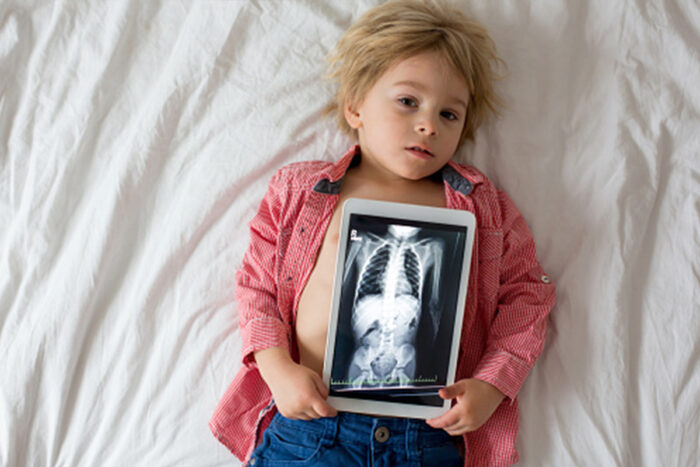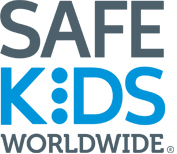Button Batteries
Lithium coin batteries (also called button batteries) are small, often nickel-sized batteries that are used in several everyday items like toys, remote controls, watches, flameless candles, singing cards and key fobs. Children love to play with and take things apart, possibly exposing the dangerous button batteries inside.
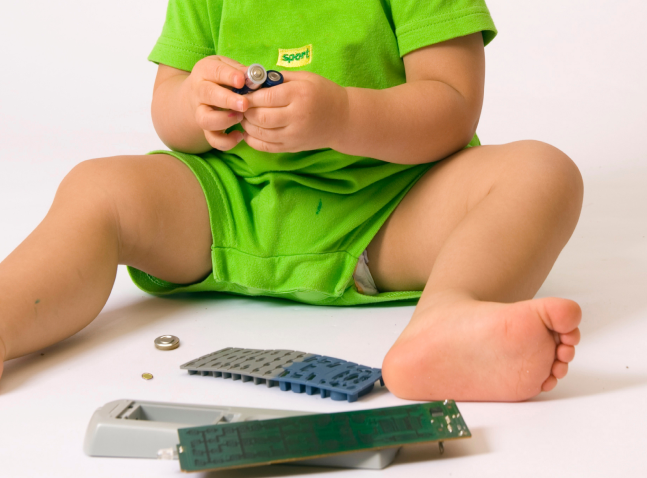
Swallowed button batteries are a medical emergency!
The Facts
Children under the age of 4 are at greatest risk of swallowing batteries.
Button batteries are very dangerous to your child if swallowed.
Every year in the United States, around 3,500 calls are made to Poison Control regarding swallowed button batteries.
Safety Tips
Use these easy safety tips to keep your home safe:
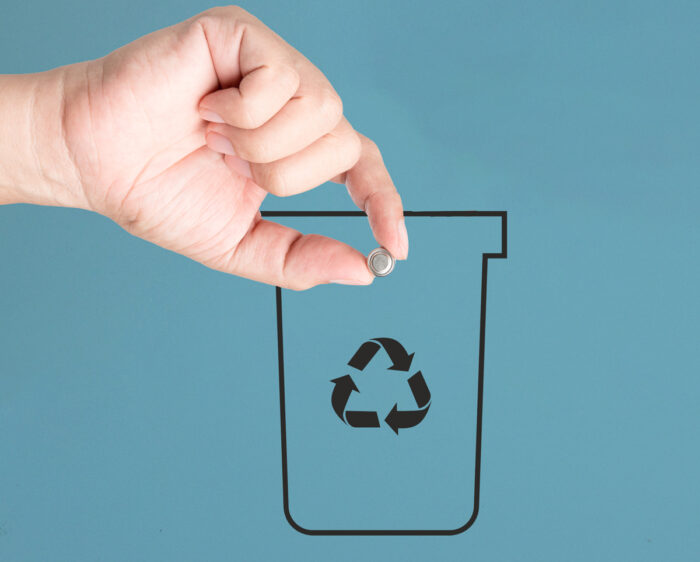
Dispose of old button batteries safely and quickly.
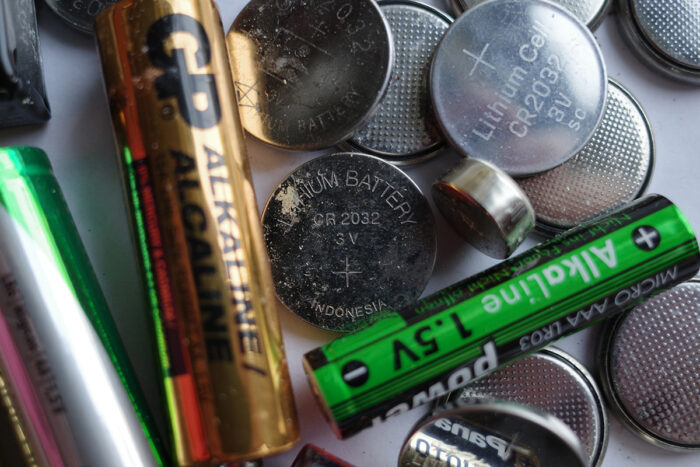
Make sure there are no loose batteries children can find.
Check places where batteries could be hiding, such as between couch cushions and behind items on low tables.
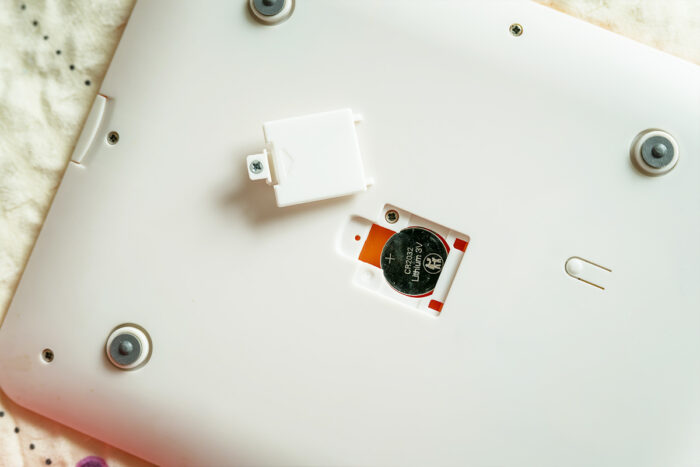
Make sure all devices in your home that use button batteries are secure.
Many devices have compartments that are easy to open. If there are screws in the compartment, make sure they are tightened. For other items, tape can help secure battery compartments.
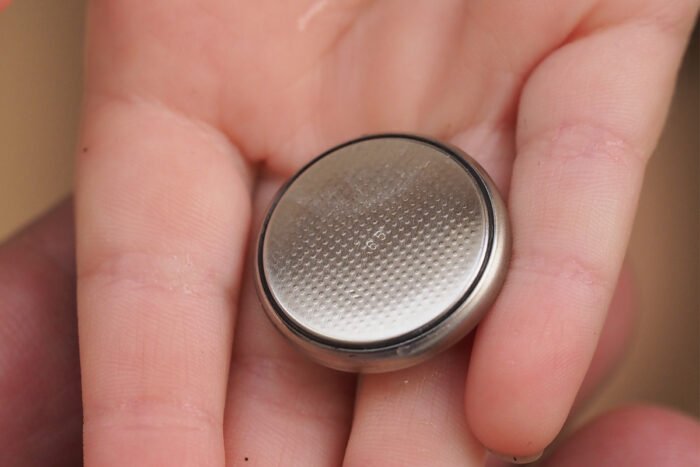
Store all batteries out of the reach of children
ideally somewhere high out of your child’s eye level.
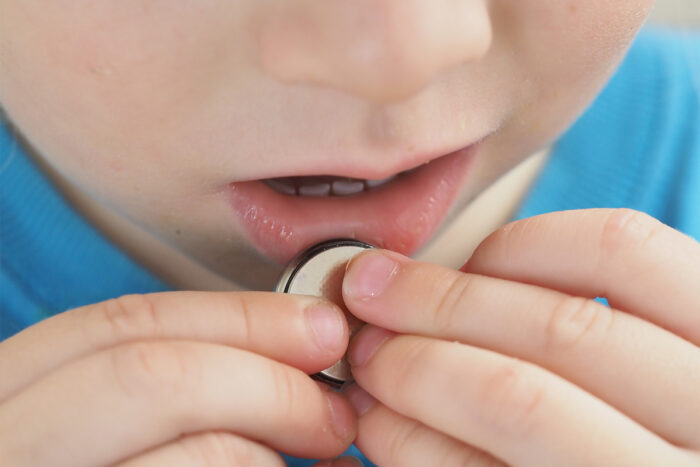
Don’t leave young children unsupervised.
Curious by nature, toddlers and younger children need close supervision.
Share this information with others so they can protect their children!
Swallowed Batteries
It can be difficult to recognize the signs of a swallowed battery because it may seem like kids have a cold or flu with symptoms that include coughing, drooling, and discomfort. Watch for fever, abdominal pain, vomiting or blood in the stools. Report these symptoms immediately.
Remember these facts and tips for when you think your child may have swallowed a button battery:
Act Fast!
When a child swallows a button battery, it triggers a chemical burn in the throat in as little as two hours, so acting quickly is essential.
If you suspect your child has swallowed a button battery, do not try to induce vomiting.
Immediately go to the hospital for treatment because time is not on your side.
On your way to the hospital call Poison Control:
Call 1-800-222-1222 or
The National Battery Ingestion Hotline: 800-498-8666.
Upon arrival at the hospital, immediately tell emergency room staff that your child has swallowed a button battery.
In most cases, an X-ray must be taken right away.
This is to confirm where the battery is. If the battery remains in the esophagus, it must be removed immediately. Most batteries move on to the stomach. If they have moved into the stomach, they can be allowed to pass by themselves. Based on the age of the patient and size of the battery, the National Battery Ingestion Hotline specialists can help you determine if an immediate x-ray is required.
Button batteries may also cause permanent injury when they are placed in the nose or the ears.
Young children and elderly people have been particularly involved in this kind of incident. Symptoms to watch for are pain and/or a discharge from the nose or ears. DO NOT use nose or ear drops until the person has been examined by a physician, as these fluids can cause additional injury if a battery is involved.
